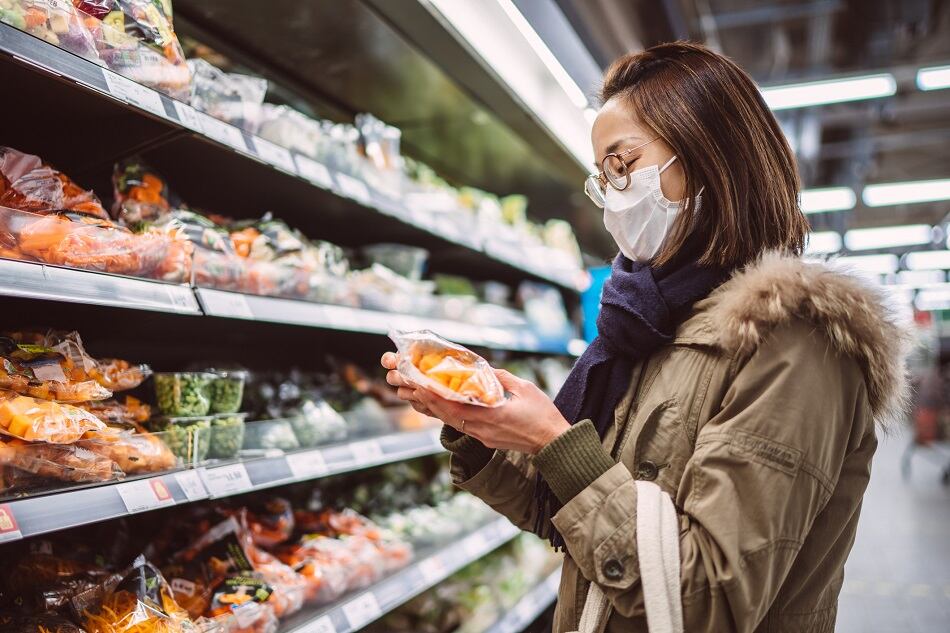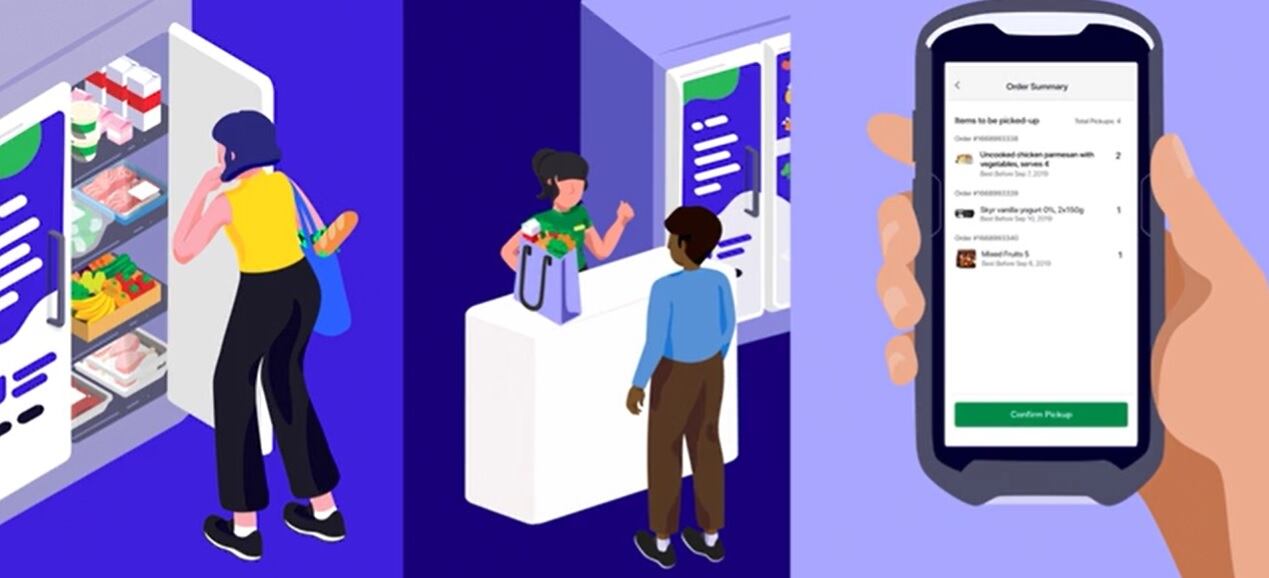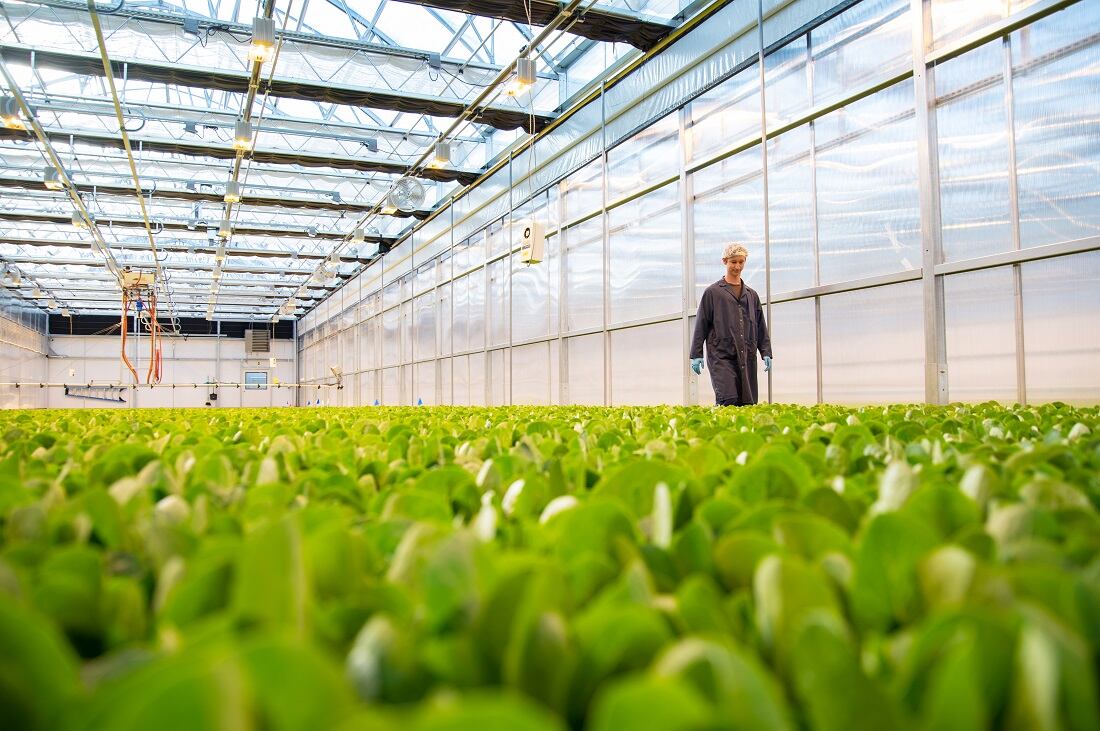“We monitored the monthly numbers closely, thanks to IRI, and noted that store brands were holding their own most of the year and even increased to the 5-6% range in the latter months of 2021,” said PLMA president Peggy Davies.
Store brands total annual sales hit $199bn in 2021 across all US retail channels, according to PLMA.
Commenting on the more recent performance of the private label sector in Q1 2022, Davies added, “this is the third consecutive monthly report that indicates dollar gains for private brands. What’s more, it follows the positive performances of the last five months of 2021.”
According to IRI data, store brands continued to outpace dollar sales growth of national brands, growing 6.5% vs. 5.2%, respectively in Q1 2022 vs. Q1 2021. Looking at March 2022 specifically, store brands grew by 8.3% vs. national brands 4.5% dollar sales increased compared to March 2021.
What's driving consumers to private label?
Many consumers grabbed whatever products and brands they could get their hands on during the height of the pandemic and in the process were introduced to private label options across categories, which they re-purchased even as their favorite brands became available at store, noted consulting firm McKinsey in a previous report. That report found that more than 90% of US consumers indicated in January 2021 that they will buy the same or more private brands after the pandemic.
"Consumers also indicated that they believe private brands have the same or better quality for less money, with availability only a minor driver of switching behavior," noted McKinsey, which predicted that private brands will continue to register strong growth as consumers' price sensitivity has increased as a result of the current inflationary environment.
Trending categories for private label
Acknowledging that 2020 was an outlier year of growth for the private label industry and that 2021 marked a return to consistent, single-digit growth, PLMA noted how consumers have increasingly purchased store brands across multiple areas of the store.
Full-year 2021 figures show clear front-runners of category growth for private label being deli-prepared (+17.1%), bakery (+12.4%), and produce (+11.4%) and more modest growth for refrigerated (+0.7%), frozen (+0.8%), and beverages (+2.7%). Digging into each category further, PLMA saw double-digit increases in subcategories including pastry/danish/coffee cakes (+26.6%), refrigerated hand-held non-breakfast entrées (+23.5%), refrigerated prepared salad/fruit/coleslaw (+15.5%), shelf stable snacks/cupcakes/brownies (14.4%); cooking & salad oils (13.3%), and frozen raw shrimp (+11.6%).
Moving into 2022, the same broad categories are still experiencing double-digit growth, according to PLMA, which found that 15 of 18 departments with private label offerings experienced dollar growth (deli cheese, home care, and tobacco experienced dollar sales declines).
For Q1 2022, deli prepared and bakery experienced the largest increases, up 14.9% and 12.4%, respectively.
Dollar share for store brands in all major channels came in at 18.2% for Q1 2022, an increase over 17.7% last year. Unit share was 20.2%, compared to 19.6% in 2021, reported PLMA, which added that unit share declined slightly in March 2022 but not as sharply as national brands.
“It’s affirmation that retailer brands are an important piece of the US grocery business especially in these challenging times. We believe store brands will be a key consumer ally during this current inflationary period and going forward by providing high-quality, high-value products in every category," said Davies.




